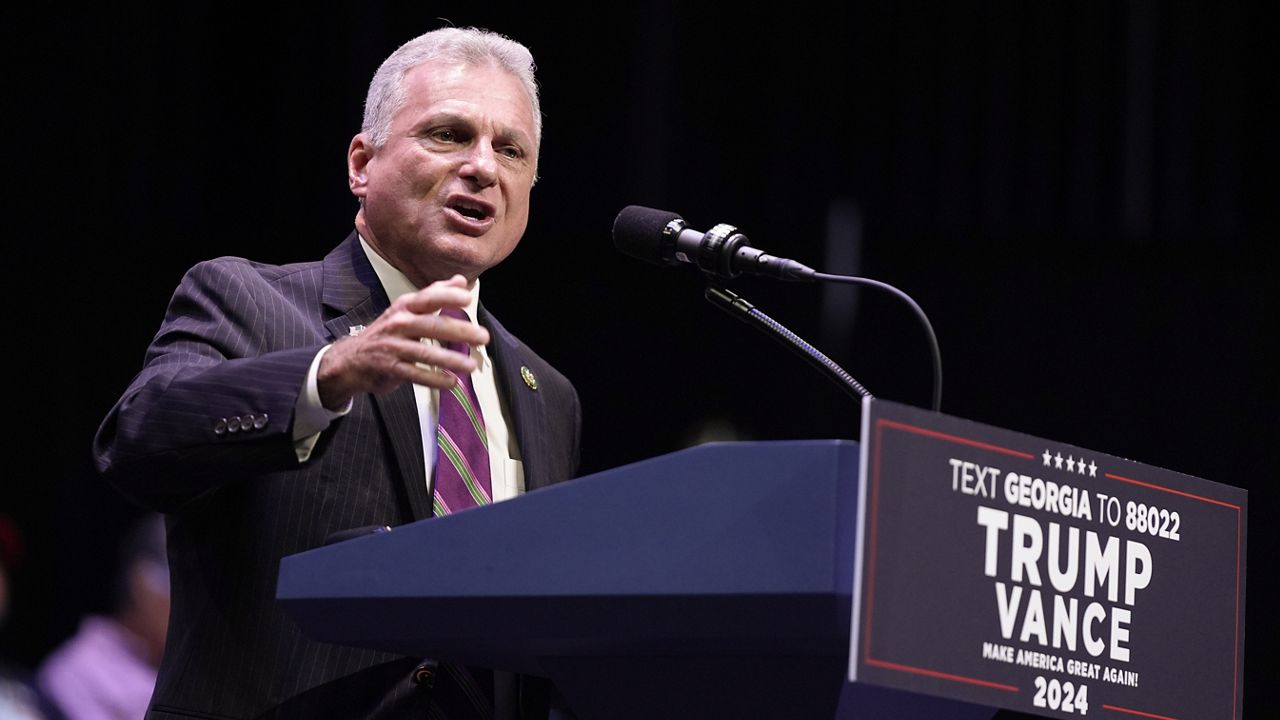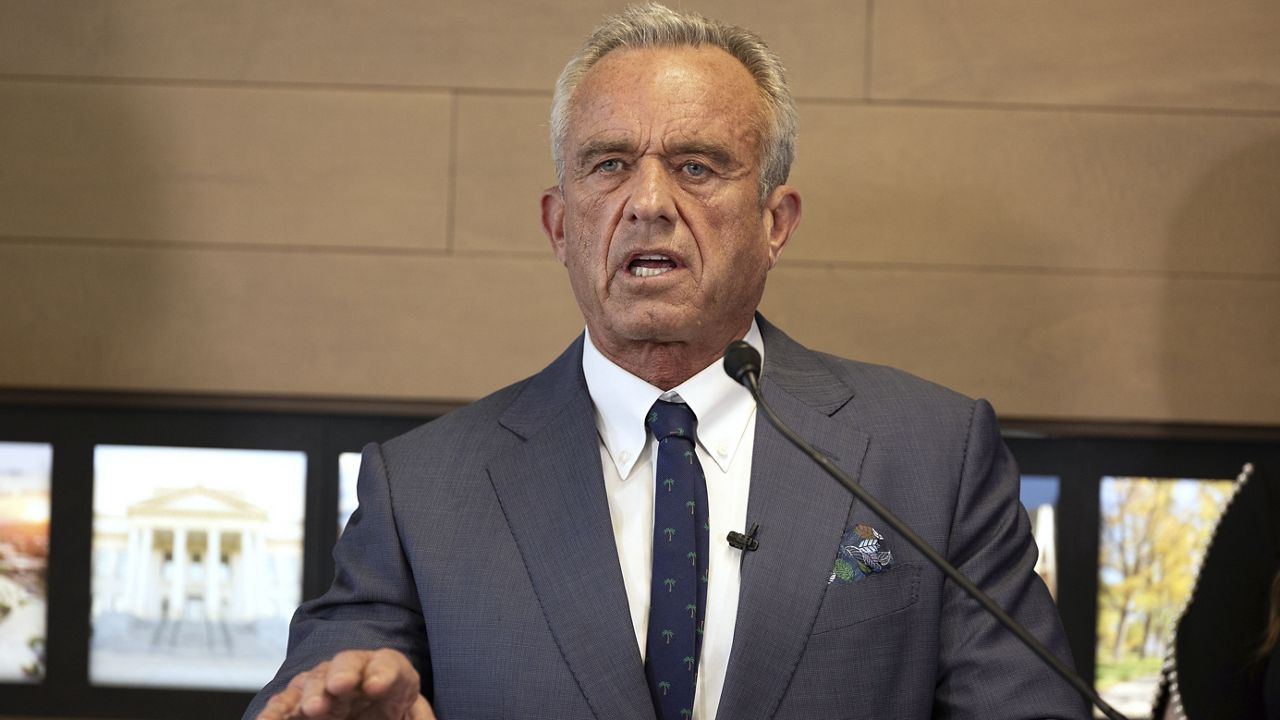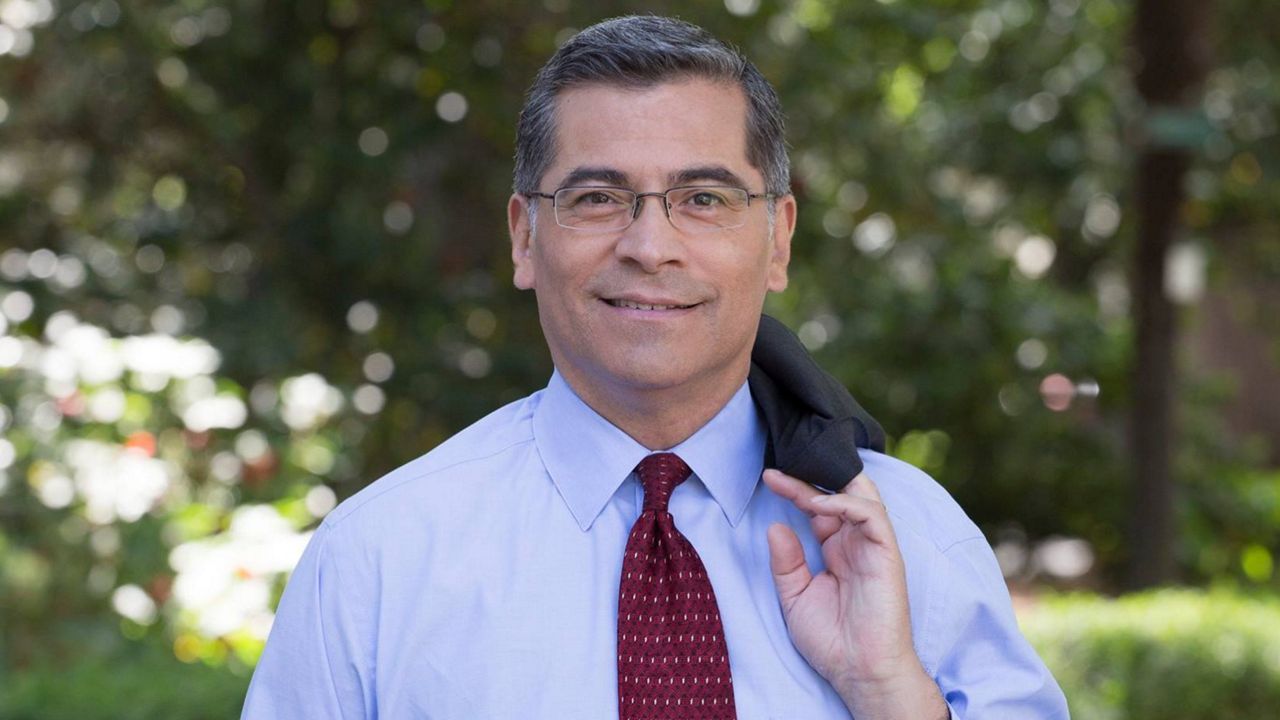A projected increase in young, unaffiliated Hispanic voters in Texas and other large states is expected to make the Hispanic vote an even bigger political battleground in next year's presidential election.
As the 2024 presidential campaign takes shape, some advocacy groups predict the Latino vote will be a boost in Latino voter turnout compared to last year’s midterms and the 2020 election.
“Our median age is about 10 years younger than for the rest of our fellow Americans,” said Clarissa Martinez, vice president of the Latino Vote Initiative at UnidosUS. “And every year… approximately 1 million Hispanic citizens are turning 18 and becoming eligible to vote. So this electorate is going to continue to grow across the country, and particularly in Texas.”
There was much talk of capturing this electorate during some highly competitive races last year Recent analysis from TelevisaUnivision examining the 2022 midterm elections found that first-time Latino voter growth was driven by younger voters in Arizona, California, Florida, Nevada, New York and Texas.
The data found that these voters are increasingly unaffiliated as well.
“When it comes to jobs, when it comes to representation, when it comes to climate issues, when it comes to the economy,” said Diana Maldonado, interim executive director of Jolt Texas, a civic engagement organization working to build the influence of young Latinos in the state, "they are our today’s leaders and our future leaders. So we want to make sure that we’re reaching them and having those conversations up front and building that trust and empowering them to be civically engaged.”
The organization works on voter registration and aims to educate young Latinos about how to mobilize.
“It’s about going a non-traditional way of how to get the vote and why to vote, and because the traditional way does not resonate with the culture does not resonate with Latinos, because for far too long, they’ve been forgotten,” Maldonado added. “And Jolt finds those innovative and creative ways of how to connect.”
She pointed to the estimates showing how Hispanics are likely the largest demographic group in Texas.
With a key Senate race set to take place in the Lone Star State next year, some believe there’s an opportunity for Texas voters, especially young unaffiliated Latino voters, to play a significant role in determining the balance of power in Congress.
“Hispanic voters are playing a critical role in defining the political landscape in local, state and national races,” said Martinez. “We have seen this certainly in deciding Senate races in places like Arizona, Nevada and California. But we are seeing it increasingly across the country.”
Some advocacy groups say that Latino voters represent a swing element in some elections, and believe it signals to both parties that they need to engage early and consistently to truly win over their support.




?wid=320&hei=180&$wide-bg$)




